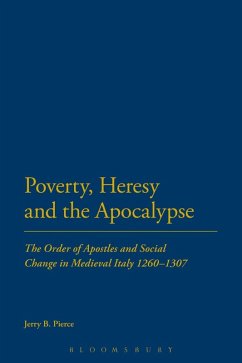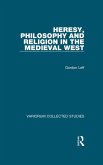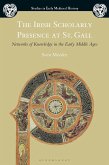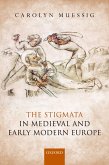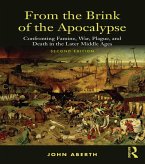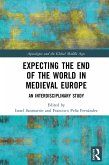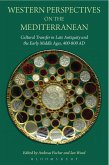This is the first study to examine the rise and fall of a medieval religious group, the Order of Apostles, that began with orthodox support but ended in the fires of heresy. Originating in 1260 in Parma the group was founded by Gerard Segarelli who believed that a life of apostolic poverty was the true path of Christian devotion. Segarelli was initially supported by the Church but as his cohort grew in number and fame he was charged with heresy by the powerful Franciscans, was tried, and burnt as a heretic. The Order's control was assumed by Fra Dolcino who led the Apostles into direct opposition to the Roman Church and was himself executed in 1307.
This is an important study presenting new findings in the history of medieval heresy, as well as placing the Order of Apostles within the larger context of political, economic and social history. By examining the rise and fall of the Apostles Pierce shows the dramatic consequences of the transformation of European society during the high Middle Ages.
This is an important study presenting new findings in the history of medieval heresy, as well as placing the Order of Apostles within the larger context of political, economic and social history. By examining the rise and fall of the Apostles Pierce shows the dramatic consequences of the transformation of European society during the high Middle Ages.

